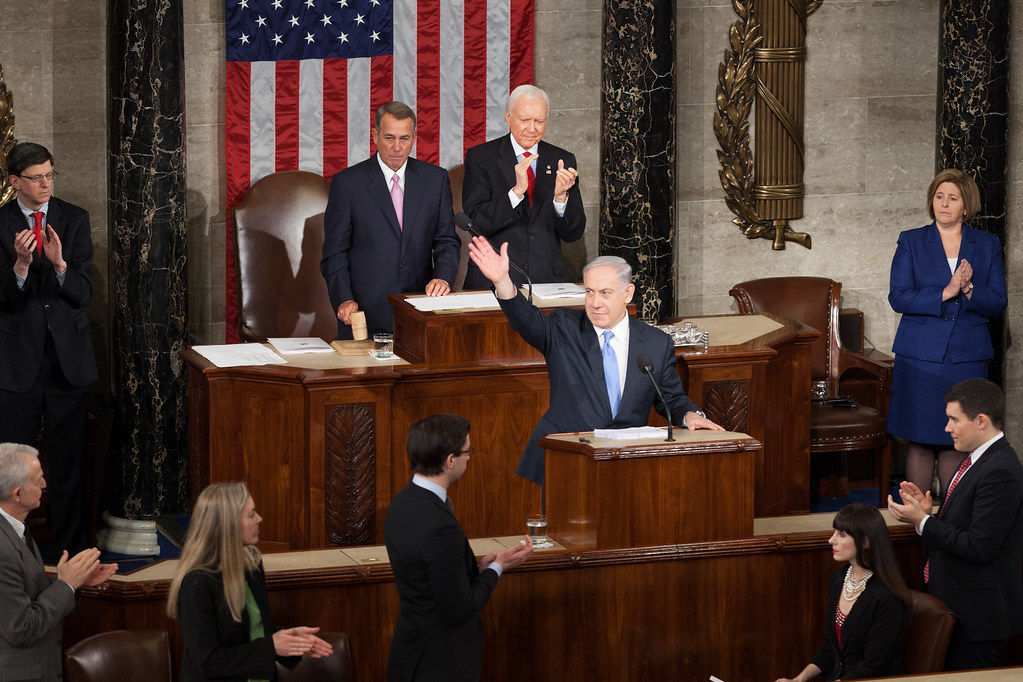It’s a slow day. The students file in, sitting at their desks, half immediately drowning themselves into their screens, the other half chatting quietly among their peers. Your dean comes in with their computer, a seeming rushed, and quickly sets up their laptop to present. As they try to capture the attention of the students, you glance around: some people pay no mind to the dean and continue talking or focusing on their screens, and others try and listen attentively but seem tired and generally uninterested.
This is the unfortunate reality of the 9th-grade dean cohort block. Mandatory, 30 minutes, once every 7-day cycle, and jammed into the latter half of the lunch period. It’s a rushed meeting that students often forget, and when they do show up, they have no interest. The dean system for all other Upper School grades was reworked last year to assign each grade a trimester to meet with their deans, according to Head of Upper School Sarah Bates, but the 9th grade system remains the same.
Both Bates, head of the Upper School, and Upper School Dean Everett Nelor, one of the US deans, believe community and relationship building to be one of the goals of the dean cohort block. “Consistent checking in is really helpful for relationship building. Otherwise, you might meet with your dean in your first family meeting, aside from turning your phone in or picking it up in the afternoon, which is new this year,” said Bates. “You might not see your dean again for a little while, and so we want to make sure that that relationship building is sort of sacred in the schedule.”
I agree that building a strong relationship with your dean and community should be one of the primary goals of cohort. However, I do not believe that this goal has been accomplished to the extent it could be. The large group classroom setting fails to foster community building, with people falling into their usual cliques, and the dean acting as more of a monitor rather than an advisor. Personally, the first time I felt truly connected to my dean was the initial meeting I arranged to discuss the details of my schedule. In my opinion, the one-on-one time that a student has with their dean is far more valuable than any amount of cohort blocks.
Nevertheless, one could argue that dean cohorts do still benefit students. It’s difficult for deans to arrange one-on-one meetings with all students and the most efficient way to attempt to develop a relationship with the deans is to place students in a large group with their dean. However, I believe that the dean cohort block could be reworked to utilize the time much more effectively, as it can be doing much more to try and support the relationship building between students and deans.
Another flaw of dean cohort is the lack of engagement. When asked how engaging the block was in a survey, 54.6 percent of students responded negatively. This is likely a result of how the block is structured. The issue, in my personal experience, is how the presentations mirror the classes that students have to endure for the majority of the day. It only continues the pattern of lectures that students are meant to sit through, so students will be less willing to contribute or participate. Paired with the irregular occurrence of the block, many students do not feel inclined to participate.
According to Nelor, the slideshow is meant to develop “student and life skills,” which include things such as organization and time management. However, because of the lecture-like structure of the period, I have often seen students fail to retain the material purely out of disinterest. This sentiment is also shared across the student body, as a survey found that only 11 percent of freshmen saw cohort as helpful.
Ultimately, the issue with dean cohorts is that it takes up valuable time for students and replaces it with a bland and unhelpful lecture. Most students would prefer to have a break from their relentless school work than spend their time continuing to sit around in a classroom. I usually take the time after my lunch period to catch up on my work or socialize with friends I don’t have classes with, and it always disappoints me when the routine cohort block takes up this time.
A solution that could be implemented in place of the current system would be to make cohort suggested rather than mandatory and only require a certain number of students to be present. Then, these cohort meetings could function as small group discussions rather than classroom settings. This would solve the issue of engagement, as students would take a meeting with only a few selected students much more seriously than a whole class, and also the issue of community building, as deans could get to know students more personally.
Although it would be complicated to restructure the dean system for 9th grade, I believe that it is worth a shot and could improve the academic success of students by a large margin. The entire dean system for other grades was overhauled just last year and has had solid results. A strong relationship with a dean is something a student must have to excel academically, and 9th grade is typically where it begins. If changed, dean cohorts could be transformed from a burden into a unique occasion that supports both students and deans.

























